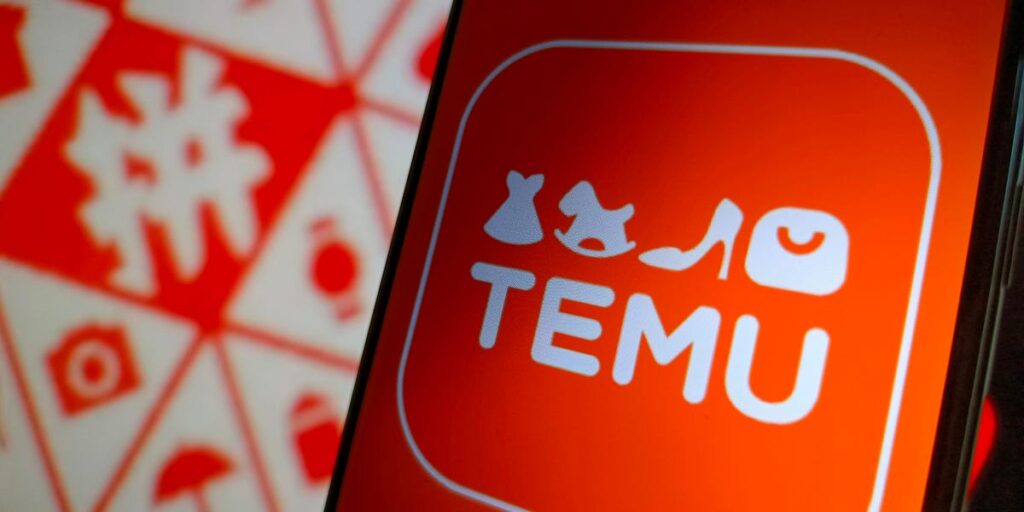Shares in PDD Holdings, the parent company of Chinese e-commerce giant Tem, plummeted after the company gave a gloomy outlook.
PDD shares fell a record 29% on Monday after the company reported its second-quarter results.
The company reported quarterly profit of about $4.4 billion, up 144% from a year ago, but co-CEO Chen Lei said investors should expect a decline in profits going forward.
“Many new challenges lie ahead, including changing consumer demand, increasing competition and an uncertain global environment,” Chen said during the earnings call on Monday.
PDD competes with Bytedance’s TikTok Shop, Alibaba and Shein, which all target fast-fashion shoppers, while Temu also sells lower-priced items ranging from home goods to motorcycle accessories.
Chen added that consumers are increasingly favoring experiential purchases over material purchases and want quality and value in their purchases.
Carrots for the Good Merchant
Chen said the company will compete against “low-quality” merchants by offering higher-quality merchants discounts on trading fees.
Chen reiterated that this is the right path for the company, even if it affects profits in the short term.
“On the one hand, we need to strictly monitor product quality to prevent poor-quality goods and protect consumer rights. On the other hand, we need to ensure fairness so that dedicated, high-quality sellers can be meaningfully rewarded,” the co-CEOs said.
Chen’s comments came amid a series of protests from Temu’s suppliers.
Hundreds of suppliers rallied at Tem’s offices in Guangzhou, China, this month to protest fines and refund policies that they say are destroying profits for smaller retailers. Tem, a growing U.S. maker of cheap clothing and home decor, fines retailers who receive refund requests or customer complaints.
“We feel that PDD’s emphasis on its intention to invest in ‘premium merchants’ is aimed at appeasing some merchants who are frustrated by what they say are unfair treatment by the platforms,” Nomura Securities analyst Jialong Shi wrote in a note on Tuesday.
Analysts maintained their buy recommendation on the stock, noting that the 29% drop may have been an overreaction.



